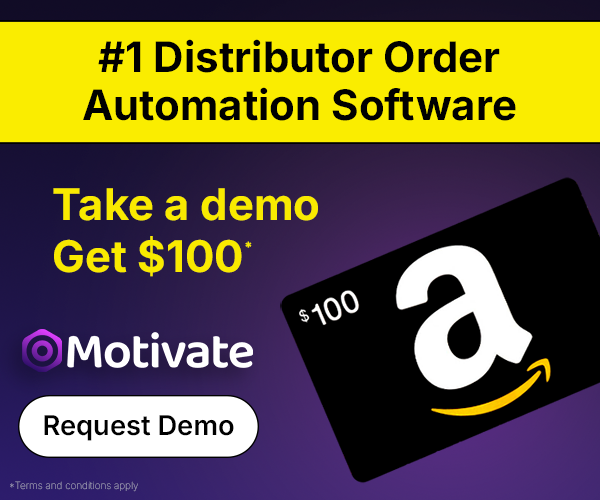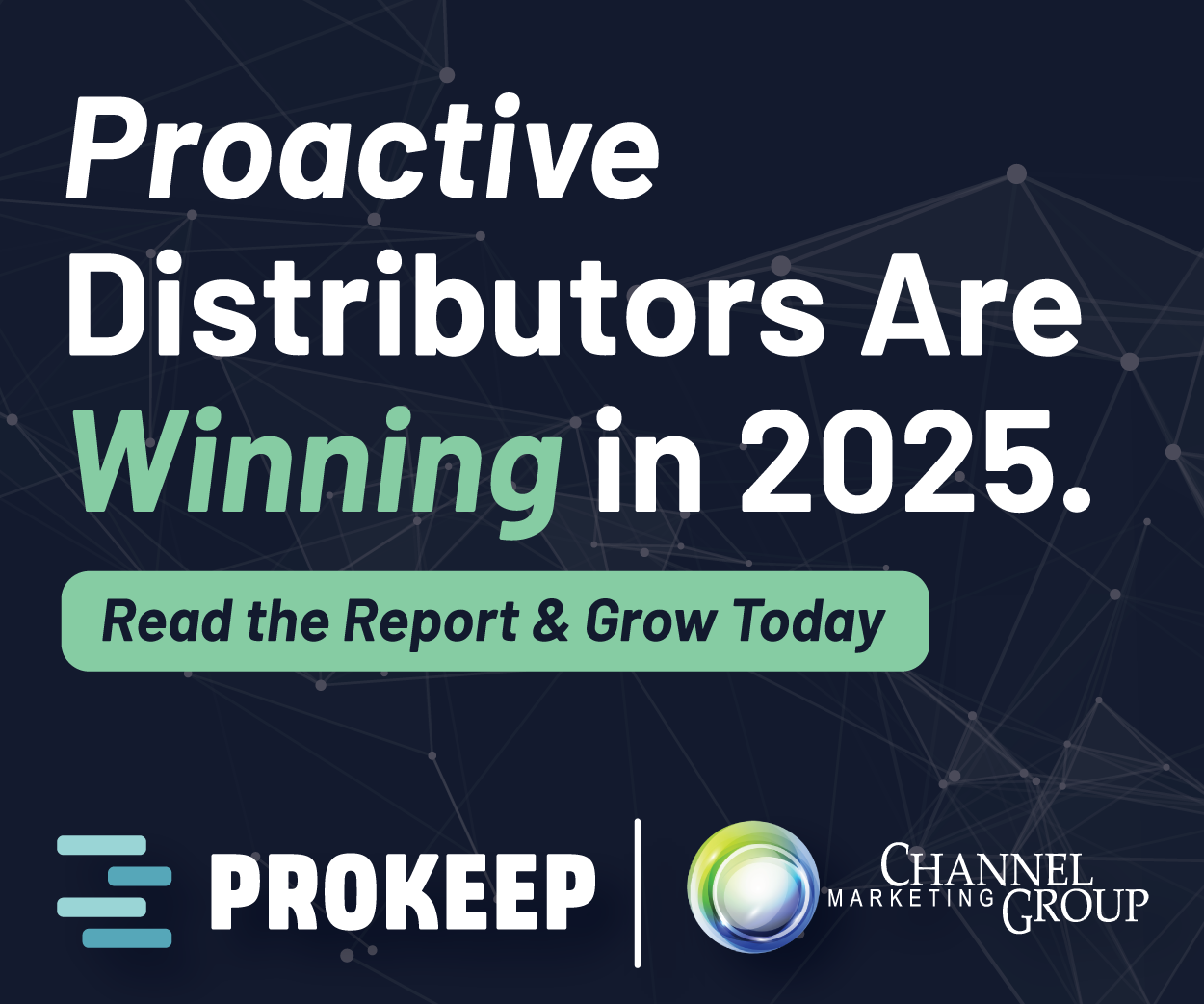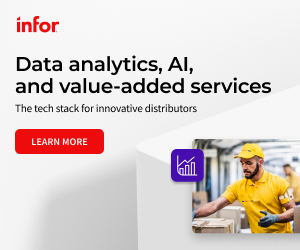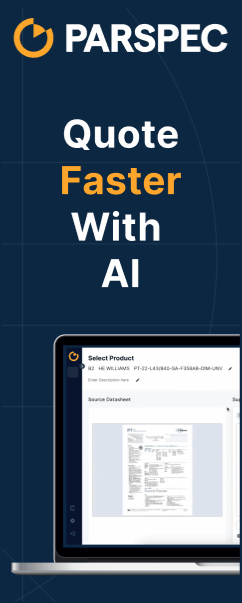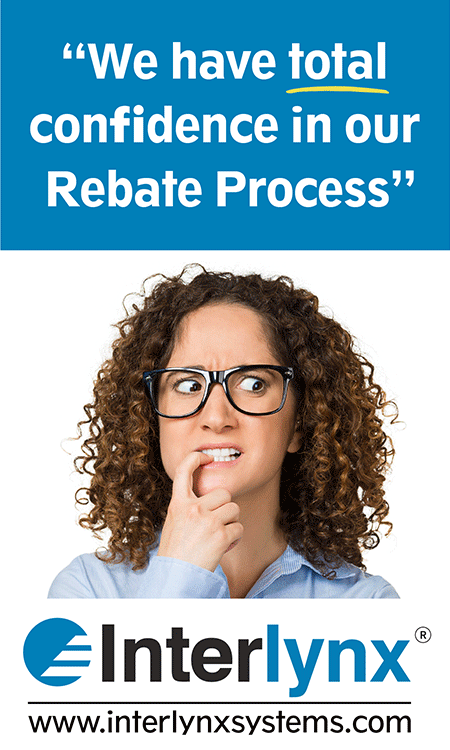Measuring your company going forward
Changing Thought Processes
Don’t let other programs in!
ERP systems were sold to the masses of Distributors with all of the most common features and functions that a software company could put under one banner. In the early days of ERP software, most developers added some additional functions that were not as robust as the user would like (i.e. analytics dashboards, CRM or a contact management system, marketing automation, SPA, pricing flexibility, etc). The sales price of the ERP software, hardware and installation were some of the limiting factors for many. As many would come to notice, there were some other highly focused/robust CRM, Warehouse, and other programs that would not link up with other disparate programs. ERP developers guarded and kept shut out of their ERP system for various reasons.
Technology bypassed many ERP companies starting about 10-15 years ago.
The “do everything” ERP’s kept the distributor from precisely measuring their business . But, there will be some that are happy to just measure their company the same way……They will be the ones that complain about their net being lower and not higher that the reported by the industry.
Along came Highly focused robust applications
Distributors wanted more robust purchasing, CRM and warehouse applications to mention a few. So they paid extra fees to their ERP vendor to “hook up” the robust applications. This was called “custom programming”. The problem that some distributors experienced after paying to “hook up” these highly focused and well developed programs, was that they could no-longer upgrade their base ERP system without paying more money. Distributors were back in the fire. They paid for different functions that kept them from upgrading their base ERP and still didn’t let them easily link to the very basic Excel programs.
They had to cobble together price matrix and customer notes and etc.
Distributors still could not measure their business precisely.
Enter middleware software
The “do everything” ERP thinking is dead, many thought quietly. That sounds like heresy (or at least most ERP companies will tell you it is). They want to rip out the old system (decreasing what productivity you had) and sell you a new system, when you may not need a new ERP (and who wants to spend the money nowadays or retrain their staff?).
Middle ware allows a distributor to load software onto any existing ERP system to exchange files that can be used with all sorts of highly focused programs. The middle ware would house transaction data from many sources with other applications, such as a CRM, payroll, wireless inventory, online ordering or mobile applications. In other words, you can develop a “best of breed” technology infrastructure / applications for your business. And you can say good bye to time-consuming and error prone spreadsheet cobbling exercises of the past.
Middle ware could also be used to load on to a company you are buying, to be able to access their transactions without disrupting current productivity.
The key thought is that middleware allows you to more precisely measure your business &/or a business you plan to buy in the future. That is a big deal for some companies.
Competitiveness in the future
Competitiveness now and in the future will require a distributor to think in terms of an integrated enterprise suite of programs that exchange data from a processing system. More importantly through the use of middle ware you’ll be able to tap into “best of breed” programs to more precisely measure your business or others. Middle ware software will be the glue that exchanges the need for data and files. After all, do you really think that an ERP system can be a master of all technology applications?
Consider Salesforce.com … could an industry ERP system replicate their expertise in sales force automation and contact management systems? And haven’t they made acquisitions to integrate other capabilities? Even an Oracle or an SAP acknowledge that they don’t have the best expertise for everything … hence they make acquisitions and have partner relationships. If these behemoths of companies acknowledge they are not the best for everything, how can industry specific ERP systems claim to be able to best serve all of your needs? I don’t think so.
Thinking outside the “Do it all ERP box” is critical to being competitive going forward.
How do you feel about your company’s ability too:
- Measure your business more precisely in real time?
- Measure your sales performance more precisely?
- Cross sell and up sell based on your customer’s product mix?





